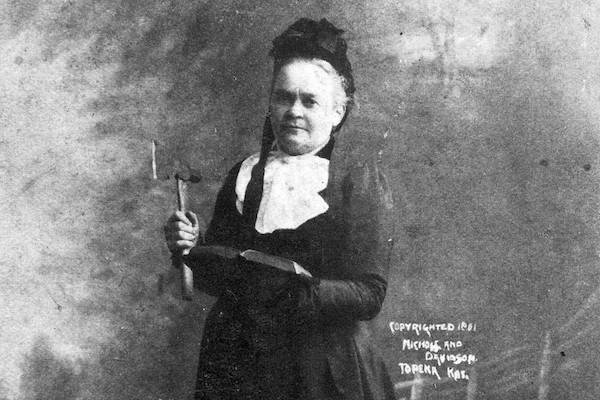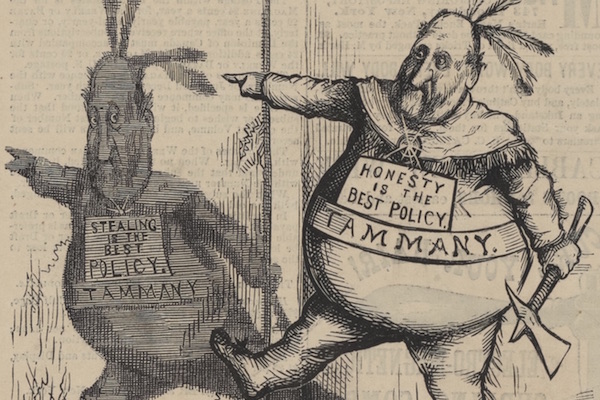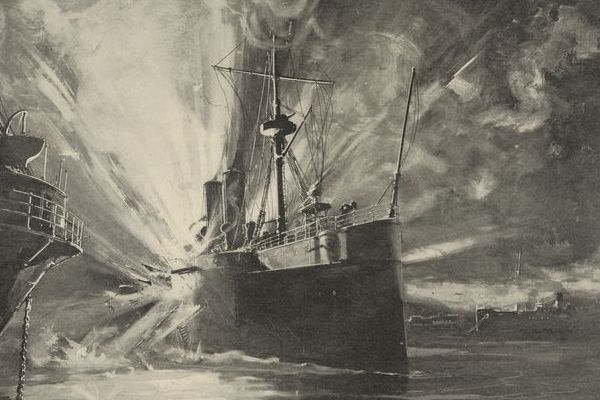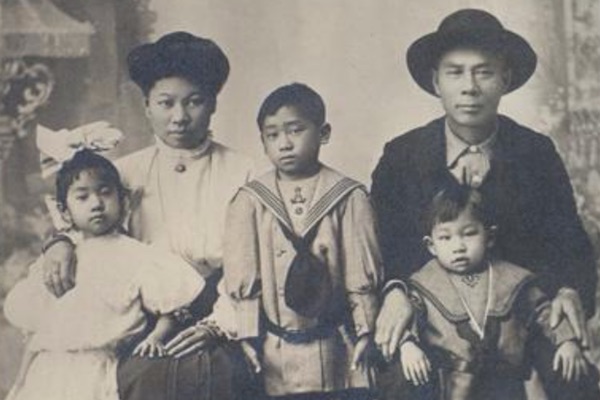Theodore Herman Albert Dreiser, an influential and at times infamous author of literary naturalism, was born in Terre Haute, Indiana in 1871. The eleventh of thirteen children, he had an unhappy childhood shaped by poverty. At age fifteen, he left home. After several years of menial labor and some college, in 1892 he started as a journalist at the Chicago Globe. Interested in the work of Charles Darwin and Herbert Spencer, Dreiser began writing fiction that explored ideas of social determinism and the “survival of the fittest,” particularly during a period of intense urbanization across the country.
Sister Carrie (1900) was Dreiser’s first novel, and it reflects the ideas of literary naturalism through its attitude of scientific objectivity toward human behavior. The novel centers on Carrie Meeber, a young woman from rural Wisconsin who moves to Chicago to earn money. First seduced by a traveling salesman on her train ride into the city, Carrie quickly adapts to her new environment, where she learns to make use of other men and the opportunities she encounters. The novel shows the attractions and dangers of big city life in the late nineteenth century, with its glittering department stores, theaters, dance halls, and other opportunities to mingle with the opposite sex without supervision. The novel ends with Carrie becoming a successful stage actress in New York City, while one of her lovers spirals downward and commits suicide.
Dreiser’s frank treatment of sex and materialism, and his refusal to punish characters for their behavior, shocked readers. Sister Carrie was attacked by censors for its immorality, and the book was banned in New York City and Cincinnati in 1916. Dreiser continued to court controversy throughout his career. In 1929 he was subject to an obscenity trial for his bestselling novel An American Tragedy (1925). He was increasingly drawn to social justice efforts in the 1930s, including letter-writing campaigns as an anti-war activist, supporting the American Communist Party, and fighting racial injustice in the Scottsboro Boys case.





















































